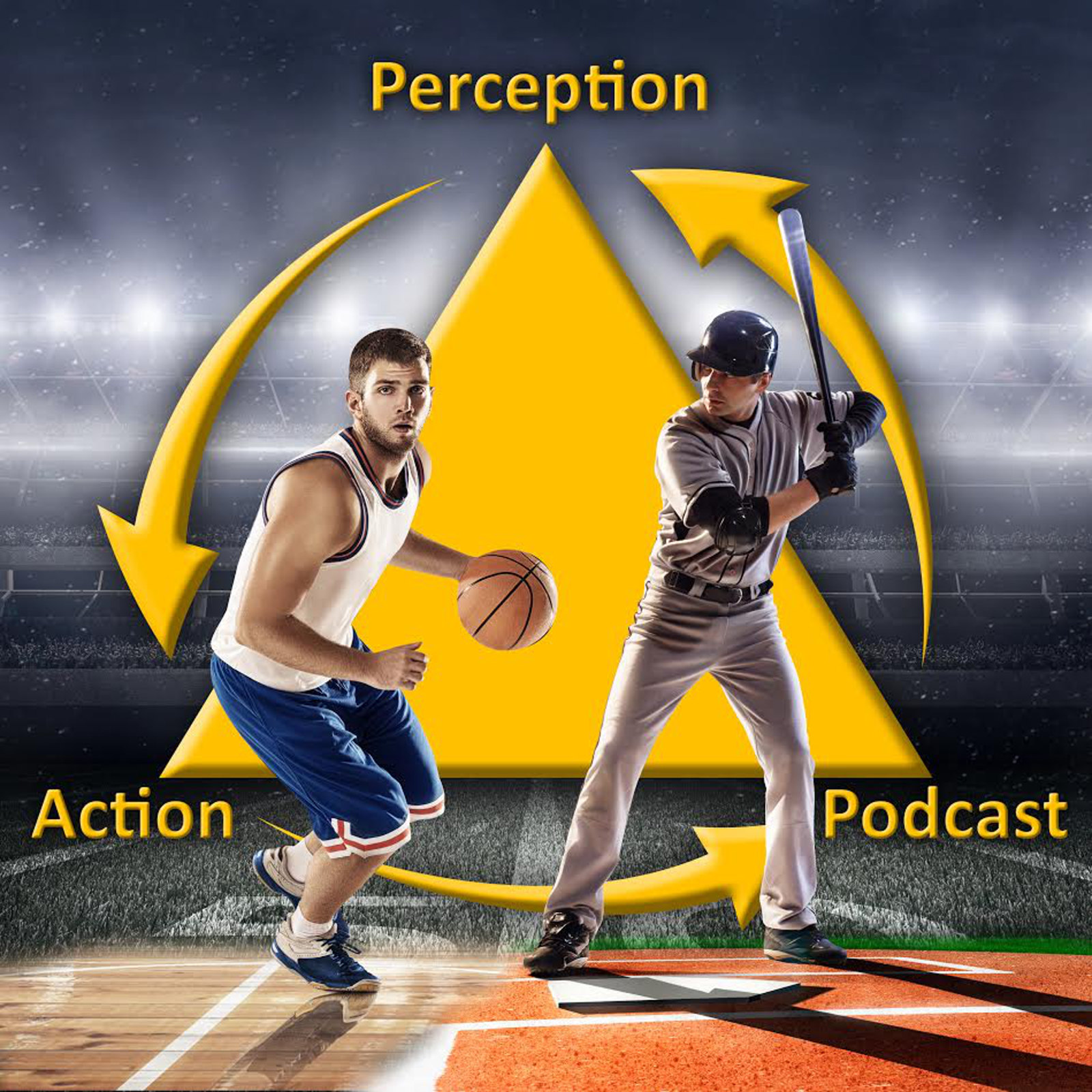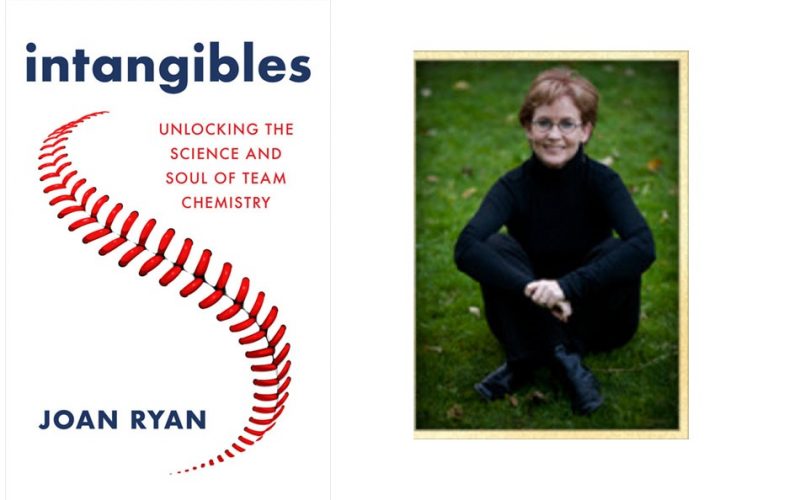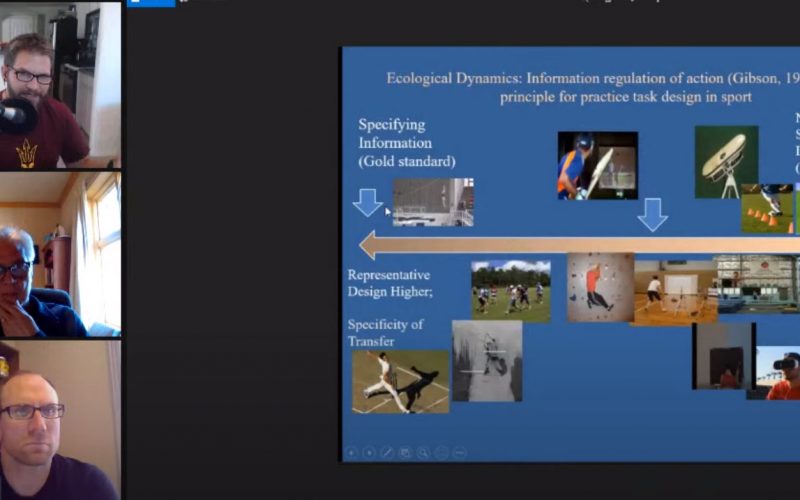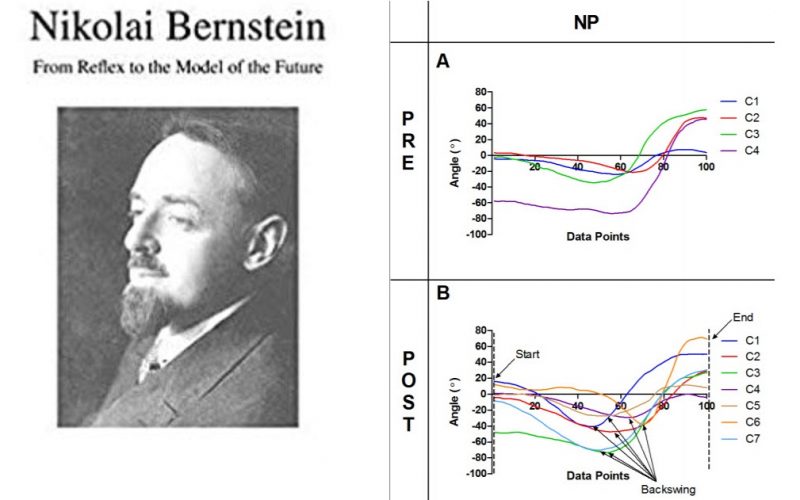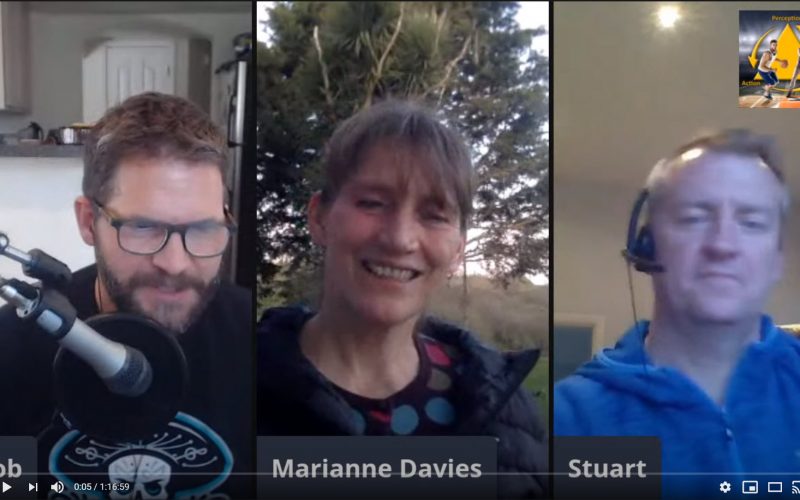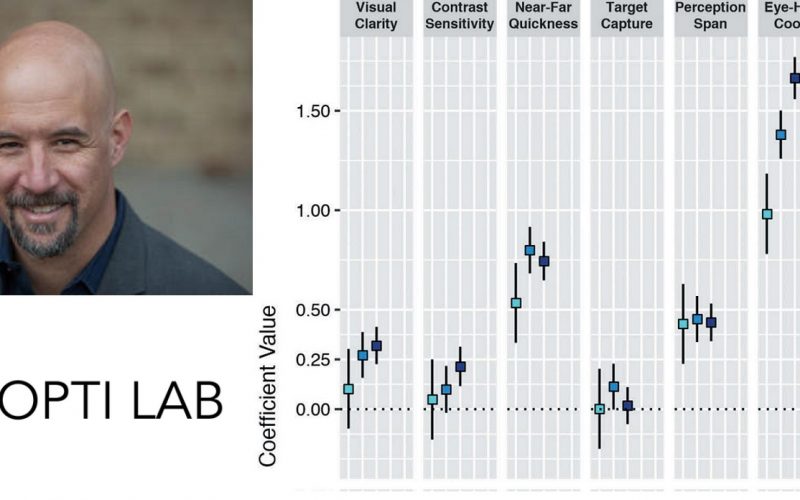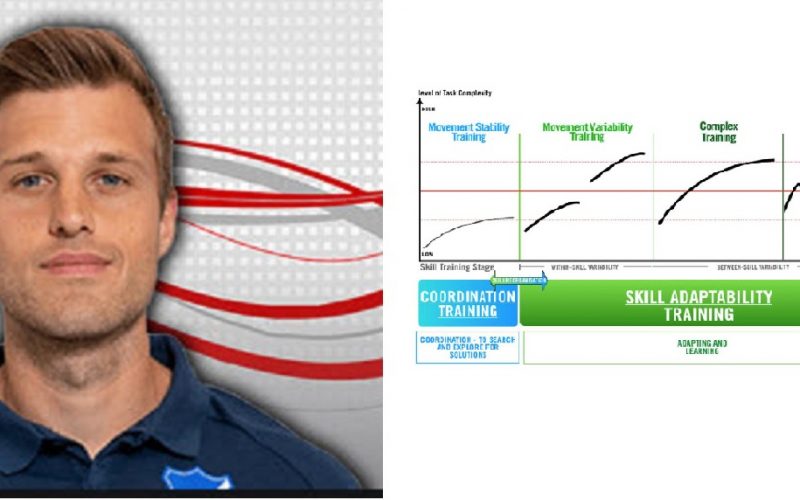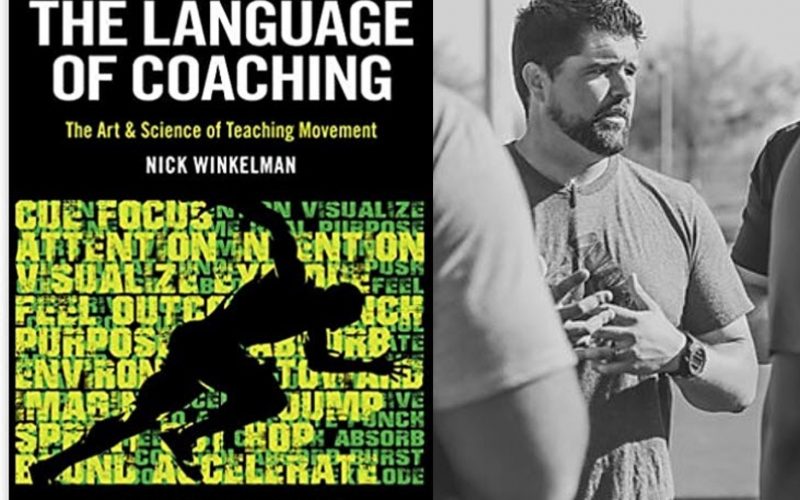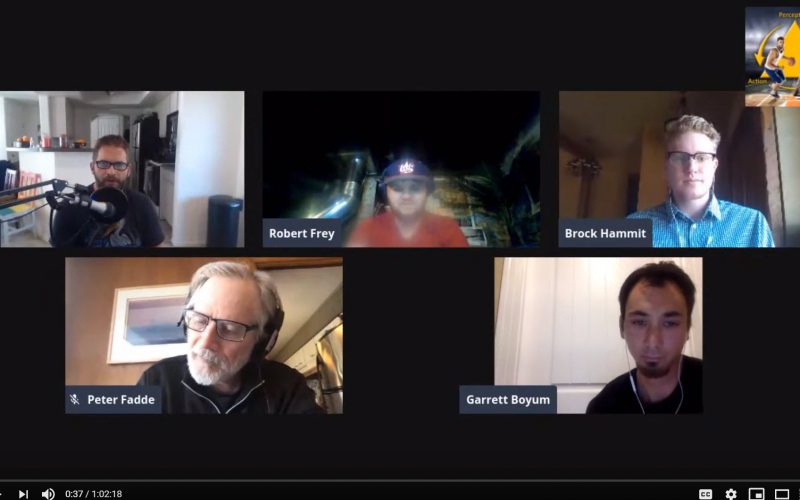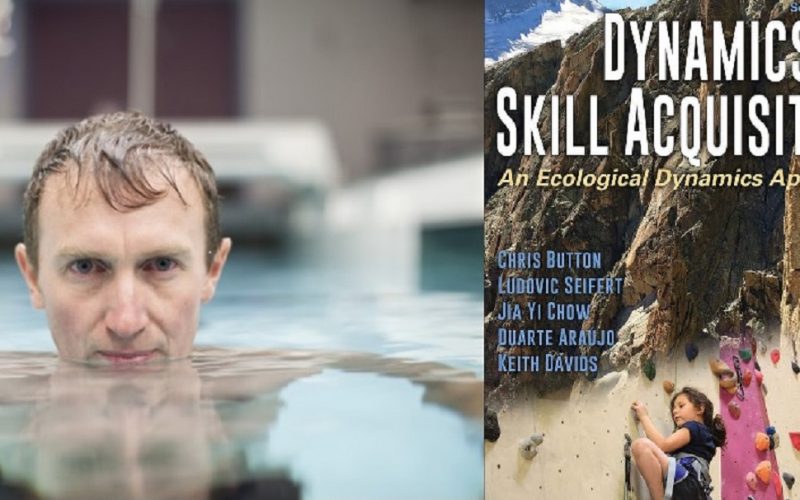187 – Interview with Joan Ryan, Intangibles: Unlocking the Science & Soul of Team Chemistry
187 A discussion with Joan Ryan, author of the new book- Intangibles: Unlocking the Science & Soul of Team Chemistry. What is team chemistry? How does it influence performance and how can it be cultivated?Download link More info about my guest:http://www.joanryanink.com/intangibles/ More information:Subscribe in iOS/AppleSubscribe in Android/GoogleMy Research Gate Page (pdfs of my articles)My ASU…
Read More